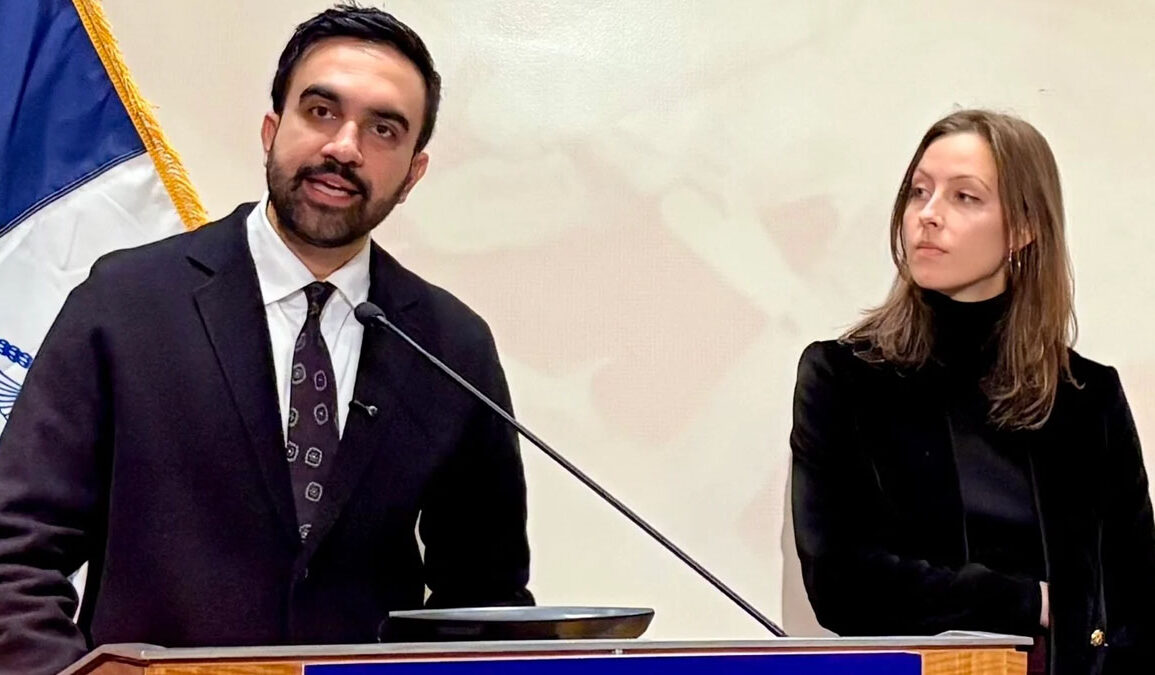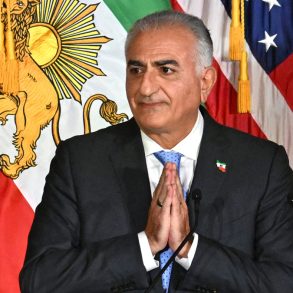New York City’s newly elected socialist mayor, Zohran Mamdani, has appointed Elle Bisgaard-Church, the architect of his controversial “Department of Community Safety” proposal, as his chief of staff. The plan she designed aimed to replace traditional police responses with teams of social workers and mental health professionals for non-violent 911 calls. Critics saw it as a dangerous experiment that would weaken law enforcement, while supporters hailed it as a humane reimagining of public safety.
Bisgaard-Church, an Ivy League–educated California native, was deeply involved in crafting Mamdani’s campaign and policy platform. She served as his top adviser during his time in the New York State Assembly and later during his mayoral campaign. Now, as she steps into City Hall, her influence will extend to nearly every aspect of Mamdani’s administration.
The Blueprint for a New Police Model
Bisgaard-Church’s “Department of Community Safety” proposal represented a seismic shift in urban public safety strategy. The $1.1 billion initiative envisioned a new department staffed with social workers, therapists, and crisis responders who would handle non-life-threatening emergencies, particularly in subway stations and public spaces. Traditional policing, under this plan, would be scaled back to focus primarily on violent crime.
The plan drew inspiration from experiments in cities like Eugene, Oregon, and Denver, where social worker response programs have been tried on a smaller scale. Bisgaard-Church reportedly consulted with public safety experts, mental health professionals, and even former NYPD Chief Rodney Harrison during development. But critics say New York’s scale and complexity make it an entirely different challenge. “The police won’t stand for this,” one retired NYPD chief warned, calling it “an untested social experiment on the largest city in America.”
A Socialist Influence at the Core
Bisgaard-Church’s ideological leanings are no secret. A proud member of the Democratic Socialists of America (DSA), she helped draft the organization’s guidelines for working with elected officials. Her approach blends activist passion with bureaucratic planning—a mix that propelled Mamdani’s grassroots campaign to victory. She has said her motivation comes from a moral outrage at inequality. “I still feel daily, deeply ashamed to live in a place where we allow people to sleep on concrete at night,” she told City & State New York, describing her politics as “a choice to reject moral failure.”
Her ties to the DSA are extensive. During Mamdani’s campaign, she coordinated weekly meetings with the DSA’s New York City chapter and secured their endorsement, which was crucial to building the movement that helped elect him. Critics argue that this alignment signals a deeper shift toward socialist governance within the city, echoing policies that have historically failed in other nations.
Mamdani’s Ambitious—and Risky—Agenda
At 34, Mamdani is the youngest mayor New York has seen in generations and one of the most openly socialist. His platform reads like a wish list of progressive causes: free child care, city-run grocery stores, fare-free buses, and expanded housing initiatives. To balance the radicalism with experience, Mamdani appointed Dean Fuleihan—a veteran of multiple city administrations and former budget director under Bill de Blasio—as his first deputy mayor. Fuleihan’s presence provides institutional ballast to an otherwise experimental administration.
But questions remain about how Mamdani intends to fund and manage such sweeping programs. His vision relies heavily on state cooperation, and many of his plans would require approval from Albany, where skepticism runs deep. Even among Democrats, some are wary. Critics say the combination of idealism and inexperience could quickly collide with financial and logistical realities.
Reactions to Bisgaard-Church’s appointment have been mixed. Progressive activists celebrated the move as a sign that Mamdani intends to follow through on his campaign promises rather than moderating once in office. Conservative commentators and law enforcement leaders, however, warn that the city could be on the brink of chaos. “Replacing police with social workers may sound compassionate until you’re the one calling 911,” one observer quipped.
Some see Mamdani’s administration as a real-time test of socialist governance in a major American city—a high-stakes experiment that could either inspire a national shift or reinforce skepticism about socialism’s viability. For now, Mamdani insists that his team represents both “relentless imagination” and “a fluency of what politics has been.” But as he and Bisgaard-Church prepare to steer City Hall, New Yorkers will soon discover whether imagination can survive contact with reality.








